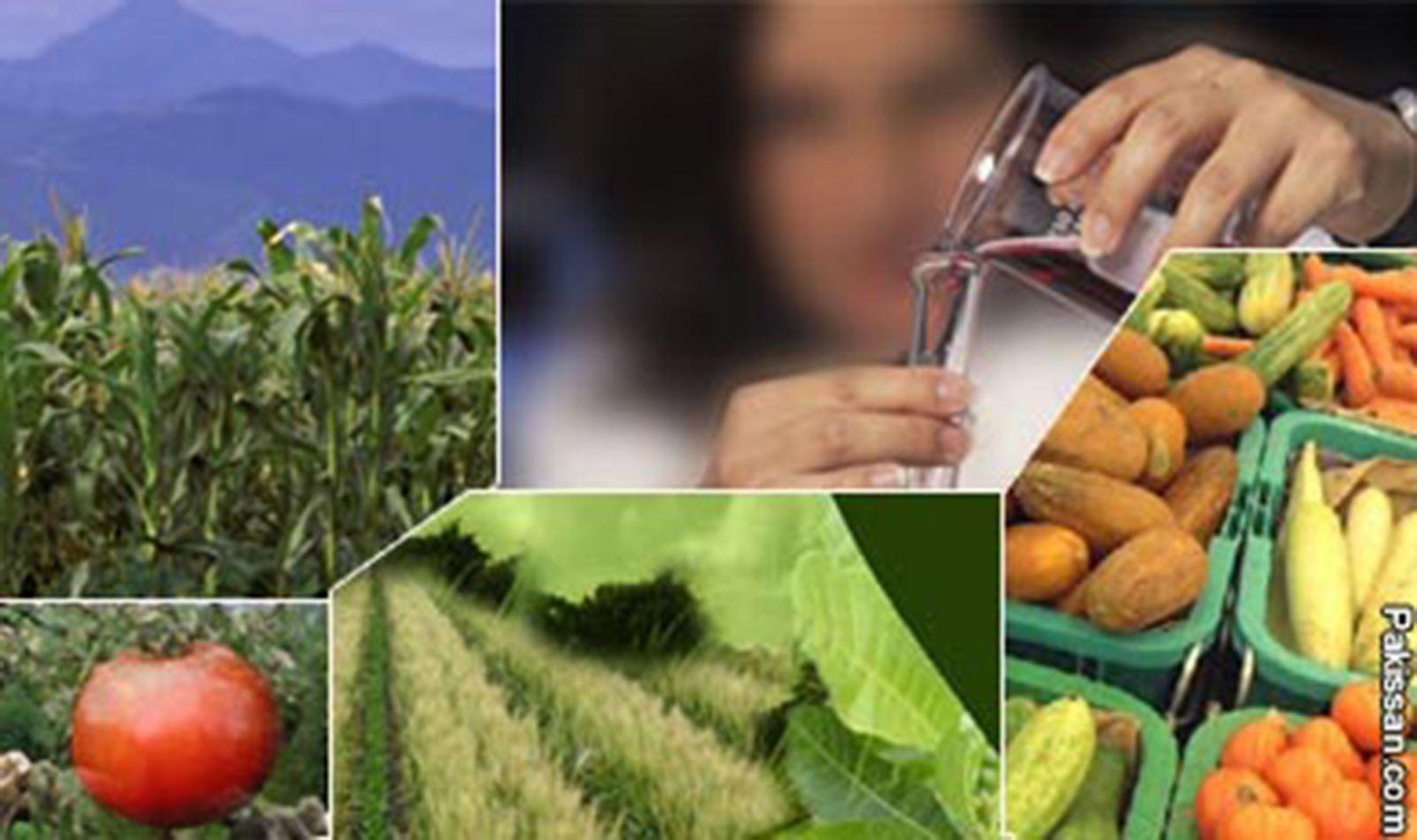Muhammad Umair Yasin*1, Muhammad Safeer1.
1Department of Agronomy, University of Agriculture, Faisalabad, Pakistan.
*Corresponding author’s email: [email protected]
Use of biological processes for industrial and other purposes, especially in genetic manipulation of plants and other microorganisms to make or modify a product or for the production of antibiotics, hormones etc. It is the application of scientific techniques to modify and improve plants, animals, and microorganisms to enhance their value. Agricultural biotechnology is a collection of scientific techniques used to improve plants and animals. It has been practiced for a long time, as people have sought to improve agriculturally important organisms by selection and breeding.
Study and understanding of DNA is essential for use of biotechnology. Many researchers and biotechnologists have developed solutions to enhance agricultural productivity. Initially understanding the gene and genetic manipulation in living organisms and to understand their ability to work, enhances the breeder’s ability that further helps to improve crops and livestock. Biotechnology helps to find out the possible solutions of many enigmas that cannot possible through traditional techniques. In traditional breeding, crossed are formed in a relatively uncontrolled manner. Breeder chooses the parents to cross, but at the genetic level, its results are unpredictable. DNA from the parents recombines randomly, and desirable characters such as pest resistance are bundled with undesirable traits, such as lower yield or poor quality. Traditional breeding programs are labor-intensive and time-consuming. A great deal of effort is required to separate undesirable from desirable traits, and this is not always economically practical. For example, plants must be back-crossed again and again over many growing seasons to breed out undesirable characteristics produced by random mixing of genomes. Current genetic engineering techniques allow segments of DNA that code genes for a specific characteristic to be selected and individually recombined in the new organism. Once the code of the gene that determines the desirable trait is identified, it can be selected and transferred. Similarly, genes that code for unwanted traits can be removed. Through this technology, changes in a desirable variety may be achieved more rapidly than with traditional breeding techniques. The presence of the desired gene controlling the trait can be tested at any stage of growth.
Biotechnology helps to enhance crop productivity by introducing specific qualities such as disease resistance and drought tolerance to crops. Researchers select genes for disease resistance and transfer them to important crops. Genes from naturally drought-resistant plants are transferred to crop plants that increase drought tolerance and improve water use efficiency. Crops like cotton, corn and potato have been successfully transformed through genetic engineering to make a protein that kills certain insects when they feed on plants. This protein is obtained from the soil bacterium Bacillus thuringiensis. An effective transgenic crop protection technology can control pests better and more cheaply than existing technologies.
Agricultural biotechnology has allowed certain new options for improving nutritional value, texture and flavor of foods. Transgenic crops include rice with beta-carotene, a precursor of vitamin A that helps to prevent blindness in people who have nutritionally inadequate diets, soybeans with high protein content, beans with more essential amino acids and potatoes with more nutritionally available starch and an improved amino acid content. Flavor of different foods can be altered by enhancing the activity of plant enzymes that transform aroma precursors into flavoring compounds. Transgenic melons and peppers with improved flavor have successfully produced. Genetic engineering helps to keep food fresh and prevent from decay, damage and loss of nutrients. Transgenic tomatoes with delayed softening can transferred to far places without bruising. Biotechnology helps to reduce the dependence on pesticides, now we have less pesticide residue foods; it also decreases leaching into ground water. With Bt cotton, resistance to three major pests is possible.
Modern biotechnology holds considerable promises to meet challenges in agricultural production. Genetically modified crops are those plants, whose DNA has been altered using genetic engineering techniques. Main aim is to introduce a new trait to the plants that does not occur naturally in species such as, disease resistance. According to a report in 2009 genetically modified strands of soybean, corn and cotton accounts for 46%, 7% and 20% 0f world’s total farming area today. Aeroponics and hydroponics are also important in modern biotechnology. Aeroponics is a way of growing plants without soil and with very little water. Using this method, plants can grow vertically as well as horizontally and considered as a great way of saving space. NASA did some experiments in space and grew Asian seedling using this technology on space station in zero gravity and result were even better than same plants on earth. Hydroponic is the cultivation of plants in nutrient solutions without the use of soil. It is used to produce plants out of season in greenhouses and to produce plants in areas where either the soil or the climate is not suitable for the crop grown. Furthermore there is a another biotechnology system that is molecular faming which is the production of pharmaceutical products and various other industrial products from plants by using this modern technology. Plants have ability to produce human and animal proteins. Production of proteins from transgenic organisms is very common but use of higher plants for the production of proteins will be very beneficial because of lower cost of production. Moreover a protein produced by higher plants is more stable and active.
Modern biotechnology represents unique applications of science that can be work for the betterment of human being through development of crops with improved nutritional quality, resistance to pests and diseases, and reduced cost of production. Biotechnology, in the form of genetic engineering, is a facet of science that has the potential to provide important benefits if used carefully and ethically. Society should be provided with a balanced view of the fundamentals of biotechnology and genetic engineering, the processes used in developing transgenic organisms, the types of genetic material used, and the benefits and risks of the new technology.








